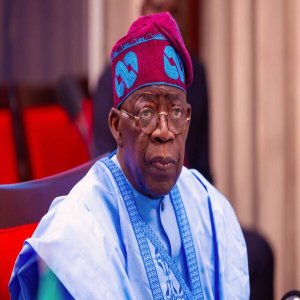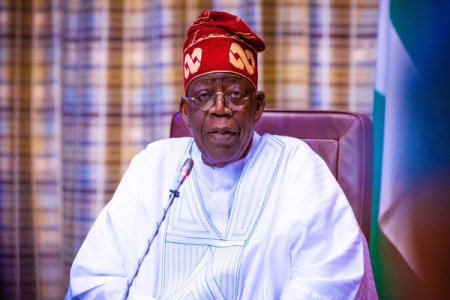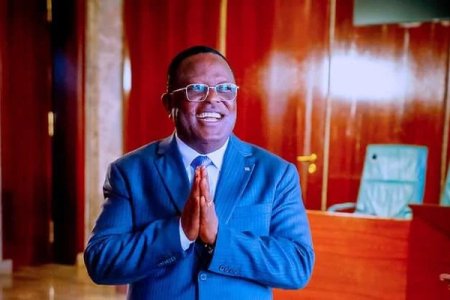
President Bola Ahmed Tinubu is set to implement the Oronsaye Report, a significant plan for restructuring Federal Government agencies. The report, born out of a committee established by former President Goodluck Jonathan, offers recommendations to streamline governance. This list provides insights into the report, covering its origins, key proposals, and potential challenges. As President Tinubu takes steps towards a more efficient government, understanding the Oronsaye Report becomes crucial.
- Genesis of the Oronsaye Report: The Oronsaye Report emerged from the Presidential Committee, commissioned by former President Goodluck Jonathan, tasked with restructuring and rationalizing Federal Government Parastatals, Commissions, and Agencies.
- Scope and Recommendations: The extensive 800-page report recommended a reduction in Statutory Agencies from 263 to 161. It proposed abolishing 38 agencies, merging 52, and reverting 14 to departments in Ministries. The recommendations aimed at cutting the cost of governance and enhancing efficiency.
- Terms of Reference: The Committee's terms of reference included reviewing previous reports on restructuring, examining enabling Acts of agencies, and advising on restructuring, merging, or scrapping to eliminate overlaps and redundancies. The goal was to streamline operations and optimize resources.
- Controversial Proposals: Some contentious proposals included the abolition of the Federal Character Commission and the rejection of recommendations related to the National Youth Service Scheme. The report also suggested changes in the status of the Federal Civil Service Commission and the Code of Conduct Tribunal.
- Acceptance and Rejection: While the Federal Government accepted certain recommendations, about 90% of the proposals were rejected. The rejection raised questions about the rationale behind the costly exercise, considering the limited implementation of the recommendations.
- Average Cost of Governance: Nigeria's average cost of governance ranks among the highest globally. Despite commendable aspects of the report, challenges in implementation are anticipated, including potential resistance from career civil servants, the National Assembly, and politicians.
- Hesitant Reform Status: Nigeria is categorized among 'The hesitant reformers' in Africa. The report's revisit by President Buhari indicates a commitment to reform, but challenges may arise from various quarters, posing potential roadblocks to full implementation.
- Comprehensive Considerations: The report's potential impact is seen as limited, with little attention given to addressing issues within the political class. Recommendations for infrastructure investment and economic diversification are suggested alternatives to immediate implementation, given the current economic challenges.




